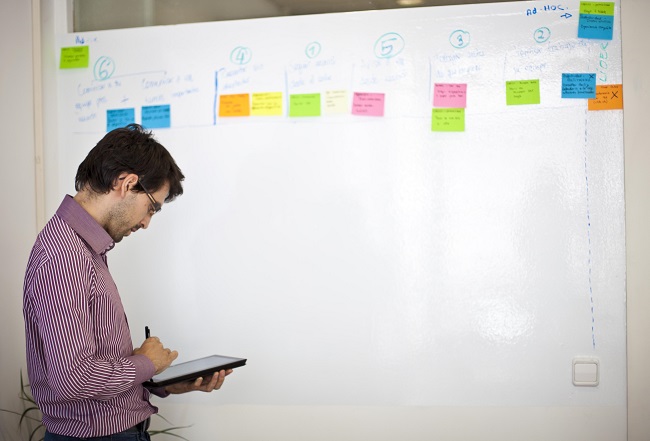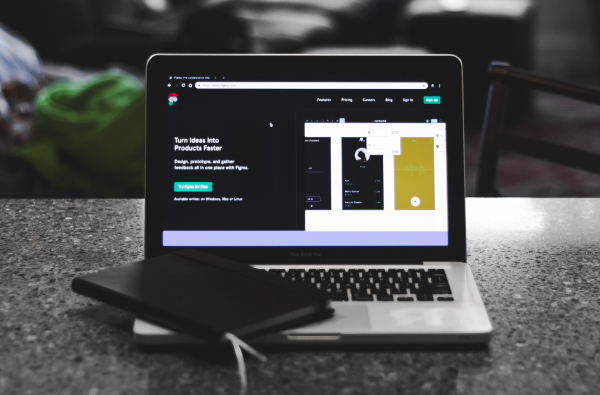The Gartner business of technology accessories and investigation of information has recently published recently a study that proves that during this year, the tablet sales will increase by 67,9%. Mobile telephone sales will also go up, although by less (a 4,3%). On the other hand, computer sales will decrease by 10,6%. The trend indicates that it’s very probable that these devices will substitute computer as a working tool in businesses. If you had to choose one, the question is; which is more functional?
According to Matt Baxter-Reynolds, mobile software development consulter and author of the blog Post – PC Developments, tablets win the competition. In a debate organized this week by the business and technology portal ZDNet, Baxter-Reynolds presented his opinion, against the opinion of Adrian Kingsley-Hughes, author of technological publications such as the blog Hardware 2.0, smartphone supporter because of their portability. In Baxter-Reynolds’ opinion, although this is a positive point about smartphones,the limited screen size and the keyboard makes them not ideal in a working environment.
“When someone creates a project for a company, we see them using a tablet”, he assures. The consulter qualifies that, although it isn’t correct to say that they are replacing computers, for certain jobs people find it much more comfortable working on a tablet instead of a PC. Kingsley-Hughes said that “the best tool is that which you can take with you”, in reference to smartphones. In his opinion, tablets are too big and heavy y because of this, uncomfortable to take with you everyday. At the end of the day, the intelligent phone is the tool that people have on them, and because of this Kingsley-Hughes believes that they are the future of businesses. These arguments were backed up by 34% of the users that voted during the debate, against 64% of the votes agreeing with Baxter-Reynolds

But, in what situations is it easier to use a smartphone or a tablet?
In Baxter-Reyolds’ opinion, a smartphone can help us, for example, if we need to look something up, like an address of a meeting place whilst we’re waiting for a taxi, or if we need to do something quick like sending an e-mail whilst drinking a coffee. Even though he is for tablets, the author of blog Hardware 2.0, shows that convergence is the way that all electronic consumer products aim to be, leave behind specialized devices to make way for devices that can carry our a multitude of functions. He assures that the king of convergence devices is the smartphone, as it combine portability with the capacity of carrying out work functions. Kingsley-Hughes adds that the arbitrary line between smartphones and tablets is being undrawn, and illustrates this idea with an example: the Samsung Galaxy Mega phone has a 6.3 inch screen which is only slightly smaller than the Nexus 7 tablet, “a device that without doubt can do real work”. Both Baxter-Reynolds and Kingsley-Hughes believe that the important change is that which is happening with the use of computers in a business. Also, as tablets and intelligent phones are getting more and more powerful, they get rid of the power held by computer, of which is affecting its producers. This way, Baxter-Reynolds adds that a place exists where both (smartphones and tablets) and devices that can help carry out work in any place in a short amount of time, although a computer will be needed for certain tasks.



